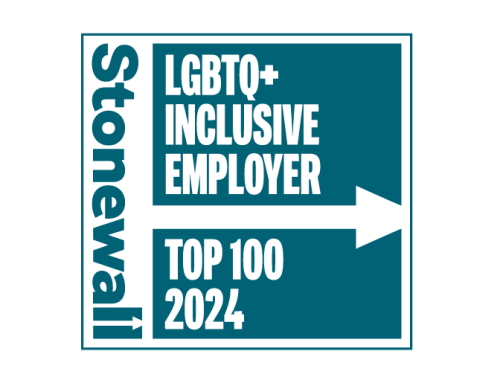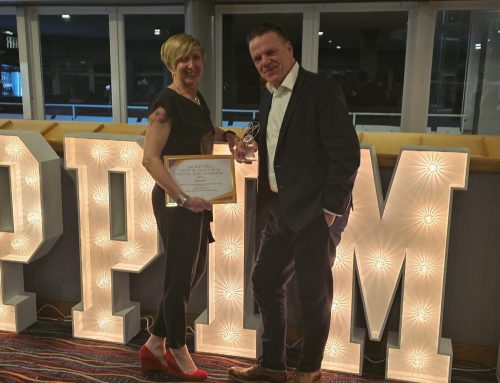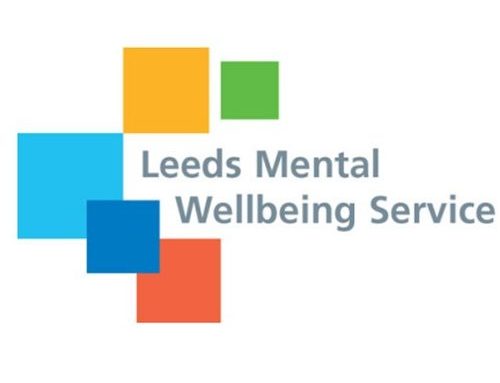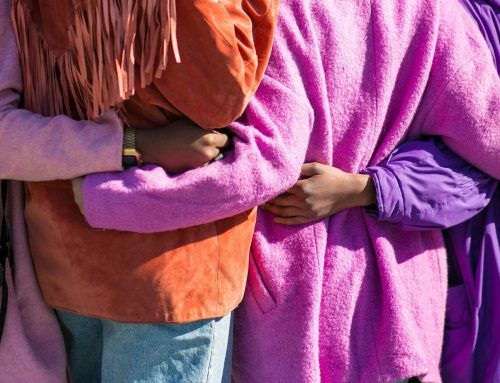In the IAPT service, where I work, we talk to a range of people about their mental health and we are privileged to hear about other people’s life changing events including trauma and abuse. This is a difficult subject to write about as it is connected to so much pain and distress and it touches all of our lives – maybe through our personal lives, our work, or how we see the world but there are a number of reasons why I feel now is an important time to think about sexual abuse and violence.
The Truth Project
You may have heard of The Independent Inquiry into Child Sexual Abuse (IICSA), which was initiated in 2015 to explore how institutions and organisations have failed to protected children in the past. The findings aim to protect children now and in the future. It is now launching several investigations and their Truth Project is now open to anyone who considers themselves a victim or a survivor and would like the opportunity to share their experiences.
The inquiry is likely to encourage people to seek support for their previous experiences. In last year’s Crime Survey for England and Wales* the 106,098 sexual offences recorded by the police was the highest figure recorded since the introduction of the National Crime Recording Standard in 2002. The way crimes are recorded is improving, but this high number is thought to be because victims have been more willing to come forward to report such crimes, including victims of crimes committed a while ago. People are being encouraged to tell their stories about very difficult experiences and as a society we must be ready to listen.
Myths about Sexual Abuse and Violence
Sexual abuse and violence can be reported in the news in a way that reinforces myths about victims and perpetrators. There have been concerns that myths about sexual offences prevent people from being convicted of sexual offences and put the general public at greater risk so there has been a recent campaign asking juries to be offered training on sexual violence. The National Charity Rape Crisis launched a campaign last year called “I just froze” with the support of criminal justice organisations raising awareness of how victims react when attacked and they have developed a list of common myths for the public to read here: https://rapecrisis.org.uk/mythsvsrealities.php.
Different experiences of men and women
Whilst both men and women experience abuse the Crime Survey found that women were nearly 5 times as likely to have experienced sexual assault as men. Women also reported experiencing significantly more intimate violence since the age of 16 than men. Because fewer men report abuse and come forward for help there is a very comprehensive booklet made for male survivors in West Yorkshire that has lots of information, advice and support services that anyone may find helpful: http://survivorswestyorkshire.org.uk/wp-content/uploads/2015/09/Bens-Place_Self-Help-guide_A5.-2016-edition-final.pdf
You can find more information here:
IICSA – The Truth Project – https://www.truthproject.org.uk/getting-touch
SARSVL: The rape crisis centre for girls and women, including self identified women, who have been affected by sexual violence of any kind at any time in their lives http://supportafterrapeleeds.org.uk/contact/
Survivors UK: A service for male survivors of sexual violation who welcome anyone who identifies as male, trans, non-binary, has identified as male in the past, or anyone who feels that Survivors UK are the right fit for them – https://www.survivorsuk.org/contact-us/
Leeds Domestic Violence Service: Offering a variety of services to support anyone experiencing domestic violence in Leeds – https://ldvs.uk/
* The Crime Survey for England and Wales is a survey of up to 50,000 households asking about their experiences of crime conducted independent but published by the government. It includes crimes not reported to the police.
Written by Geraldine Montgomerie-Greenwood





